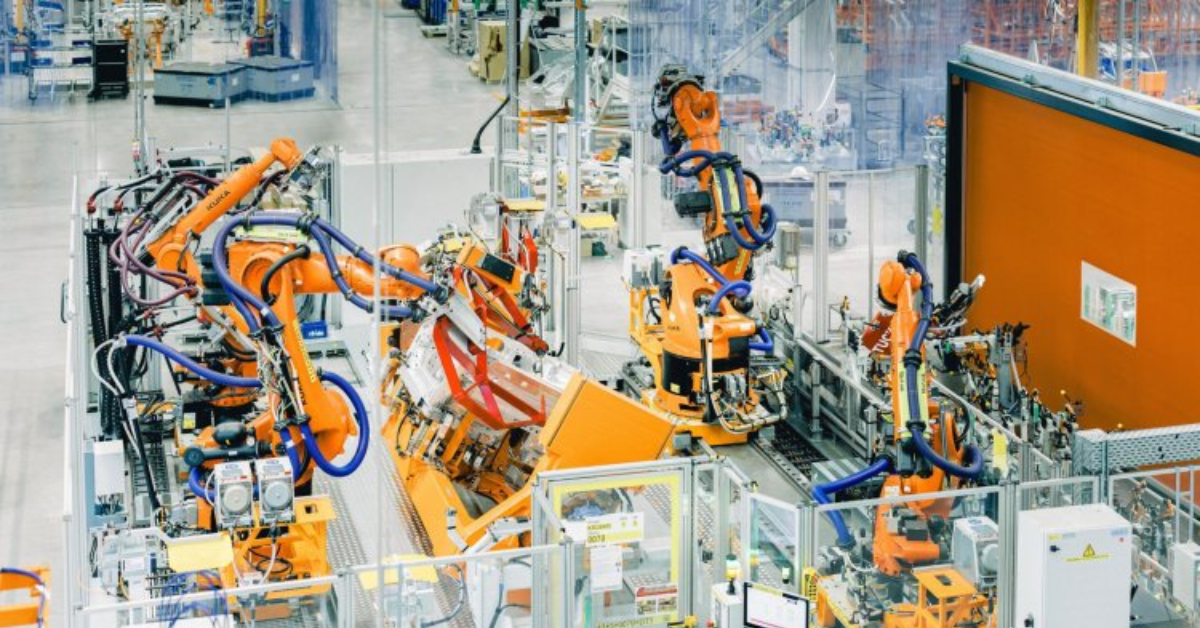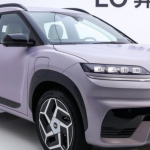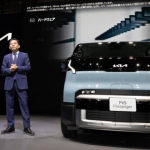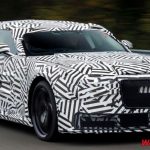Audi, a leading luxury car manufacturer, has always been at the forefront of innovation. From autonomous driving technology to electrification, the company consistently pushes boundaries in automotive engineering. Now, Audi is revolutionizing its manufacturing processes with virtual controllers, a cutting-edge technology that enhances efficiency, precision, and automation on production lines.
In this article, we’ll explore how virtual controllers are transforming Audi’s production standards, what benefits they offer, and what this means for the future of automobile manufacturing.
What Are Virtual Controllers?
Virtual controllers are software-based control systems that replace traditional hardware controllers used in factory automation. Instead of relying on physical control units, virtual controllers function within a cloud-based or on-premise computing environment.
Key Features of Virtual Controllers:
✔️ Cloud Integration: They operate within a connected digital environment.
✔️ AI-Powered Automation: Uses artificial intelligence for real-time decision-making.
✔️ High Scalability: Easily adaptable to production demands.
✔️ Remote Monitoring & Control: Can be accessed and modified from anywhere.
✔️ Faster Processing Speeds: Enhances production line efficiency.
With virtual controllers, Audi is setting new benchmarks in automotive manufacturing by creating smart, adaptive, and efficient production facilities.
How Audi Uses Virtual Controllers in Production
Audi has integrated virtual controllers into various aspects of its smart factories to optimize production efficiency and improve quality control. Let’s explore some of the ways Audi is leveraging this technology.
1. Digital Twin Technology for Manufacturing
Audi uses digital twin technology, where a real-time virtual replica of the production process is created. Virtual controllers allow Audi engineers to simulate and optimize the manufacturing workflow before real-world implementation, reducing errors and increasing efficiency.
Benefits:
✅ Detects and eliminates inefficiencies before production starts.
✅ Reduces trial-and-error processes.
✅ Minimizes downtime on production lines.
2. AI-Driven Automation for Smart Assembly Lines
With virtual controllers, Audi’s assembly lines now function with greater automation and precision. The system automatically adjusts to changes in production demands, ensuring seamless operations.
Benefits:
✅ Reduces human intervention, minimizing errors.
✅ Enhances production speed and accuracy.
✅ Reduces overall manufacturing costs.
3. Predictive Maintenance & Downtime Reduction
Traditional manufacturing setups often experience unexpected machinery failures, leading to costly delays. Virtual controllers use AI-driven predictive maintenance to detect potential issues before they escalate.
Benefits:
✅ Prevents costly breakdowns.
✅ Reduces unplanned downtime.
✅ Ensures continuous, smooth production flow.
4. Remote Monitoring & Control
Audi’s production managers can now monitor and control manufacturing processes remotely, thanks to cloud-based virtual controllers. This means they can optimize workflow and make real-time adjustments without being physically present on the factory floor.
Benefits:
✅ Enables remote troubleshooting and intervention.
✅ Increases flexibility in factory operations.
✅ Reduces travel and operational costs.
5. Improved Energy Efficiency & Sustainability
Audi has always been a leader in sustainable manufacturing. With virtual controllers, Audi can dynamically adjust energy consumption across production facilities. The AI-driven system optimizes power usage, reducing overall energy waste.
Benefits:
✅ Reduces energy costs and carbon footprint.
✅ Contributes to Audi’s sustainability goals.
✅ Supports eco-friendly manufacturing processes.
Advantages of Virtual Controllers in Automotive Manufacturing
Audi’s adoption of virtual controllers comes with numerous benefits that enhance the efficiency and reliability of its manufacturing process.
1. Cost Reduction
🔹 Eliminates the need for expensive hardware controllers.
🔹 Reduces labor costs due to automation.
🔹 Lowers maintenance expenses through predictive analytics.
2. Increased Flexibility
🔹 Can be easily reprogrammed for different car models.
🔹 Adaptable to changing production requirements.
🔹 Enables rapid deployment of new technology.
3. Enhanced Precision & Quality Control
🔹 AI-powered systems detect defects before they escalate.
🔹 Increases consistency in car assembly and finishing.
🔹 Reduces manufacturing waste and rework.
4. Faster Production Cycles
🔹 Reduces downtime with real-time monitoring.
🔹 Streamlines workflow with automated adjustments.
🔹 Speeds up manufacturing without compromising quality.
The Future of Virtual Controllers in Car Manufacturing
With Audi leading the charge, other automakers are also exploring the potential of virtual controllers to streamline production and enhance manufacturing efficiency.
What’s Next for Virtual Controllers?
🔹 Integration with 5G & IoT: Faster data processing and connectivity.
🔹 AI & Machine Learning Enhancements: More intelligent decision-making.
🔹 Expansion to Other Industries: Beyond automotive, industries like aerospace and electronics may adopt this technology.
Audi’s commitment to smart manufacturing is paving the way for more sustainable, efficient, and cost-effective production practices that could redefine the future of car manufacturing.
Conclusion
With virtual controllers, Audi has elevated its production standards to an entirely new level. The implementation of this advanced technology is transforming efficiency, automation, and quality control in car manufacturing.
As Audi continues to innovate and push boundaries, its smart factories set an example for the future of automotive manufacturing—where AI, automation, and digital technology drive the industry forward.
📌 Stay tuned for more updates on the future of automotive manufacturing and Audi’s latest innovations! 🚗💡

Hello, my name is Muskan Kumari and I am an experienced Digital Marketer. I have been blogging for the last 3 years and I have special interest in SEO. Here I give you easy bikes and writes easy-to-understand reviews and news about the latest bikes, helping readers choose the best options.. My aim is to always provide you with accurate, new and useful information.










